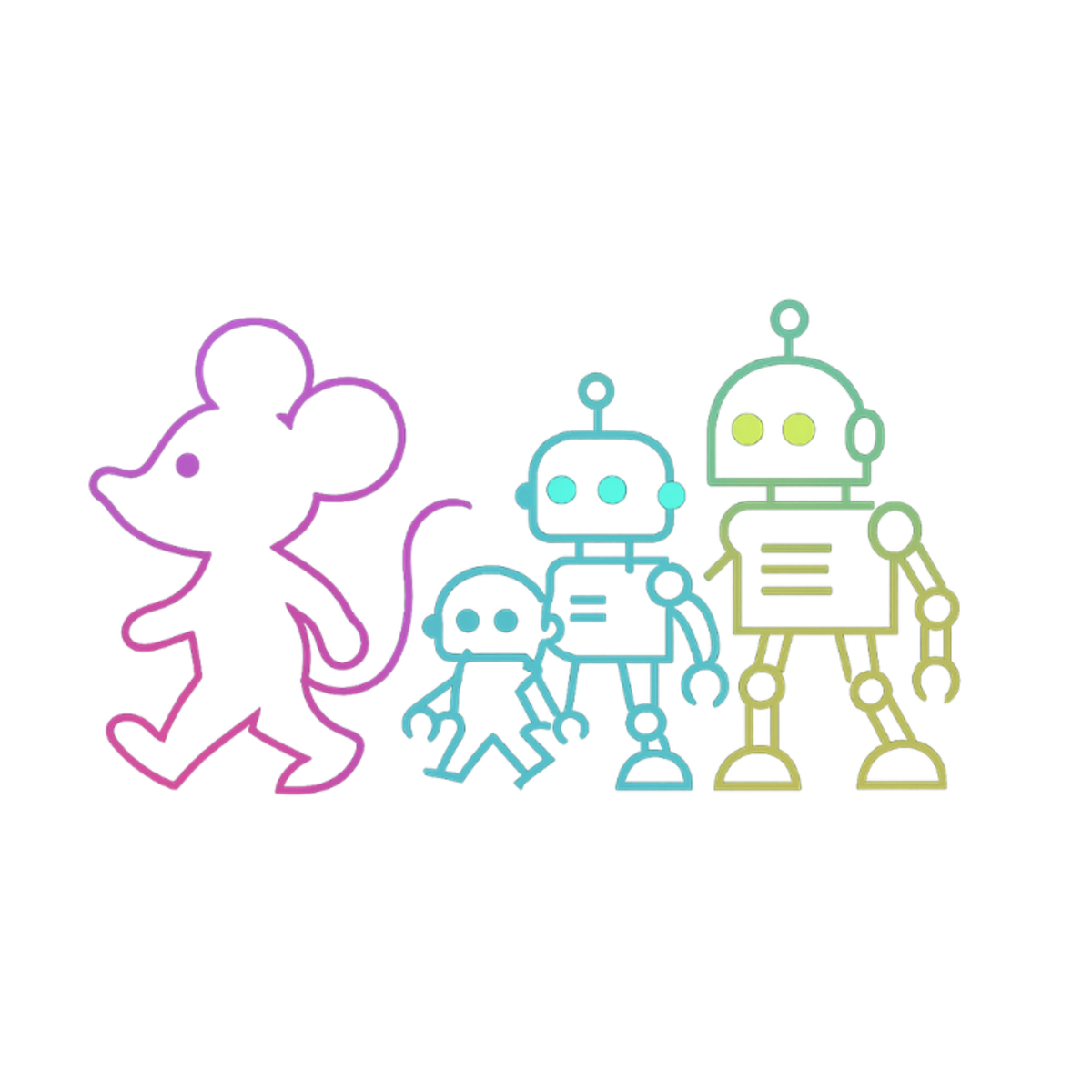Enterprise AI’s agent moment has arrived. From HR suites to trip planning to the car itself, agents are becoming the interface. The war for enterprise AI is no longer about demos. It is about distribution.
Workday just turned agent development into a first class enterprise capability. By acquiring Flowise, an open source low code platform for building AI agents, Workday plans to let customers and partners design, launch, and manage agents for HR and finance with more speed, flexibility, and control.
Peter Bailis, Workday’s CTO, called reliable and accessible agent development a major technical challenge and said bringing Flowise into Workday will empower users to build and deploy their own AI agents on the platform. For a vendor used by more than 11,000 organizations, including more than 60% of the Fortune 500, embedding an agent builder is not a thought experiment. It is a distribution play.
Flowise is not a toy. It offers an intuitive visual builder, integrations across the AI ecosystem, fine grained control over agent behavior, and the ability to build custom tools and nodes. It supports prototyping, debugging, evaluation, analytics, human in the loop checkpoints, enterprise grade observability, and secure deployment options. The project has earned more than 42,000 GitHub stars and has processed millions of chats and workflows. Workday says it will invest in the open source foundation while giving customers trustworthy controls and governance. That combination of opinionated enterprise rails with an open core is the shape of commercial AI right now. It tells buyers they can scale agentic workflows without handing over the keys.
Travel and the Rise of Conversational Journeys
Travel is seeing the same shift, with higher stakes. Gavin Sweeney, chief revenue officer at CarTrawler, says the search bar that used to start a trip is being replaced by conversational AI that turns static queries into dynamic dialogue. He adds that AI agents capable of handling the entire planning and booking process with hyper personalized recommendations are already proliferating. Google is assembling the full stack with AI Mode for Search, new AI features in Maps, and Gemini.
The message to travel brands is blunt. Invest in AI partnerships or proprietary tools to reinforce your value before agents become the default trip planners. Research shows travelers often spend upwards of two months researching an adventure. Agents that compress that effort while preserving context will decide who owns the customer. Companies that build this level of smart assistance now keep the direct relationship. Those that do not risk becoming commodity suppliers feeding inventory to someone else’s agent.
Agentic AI in the Physical World
The agent story is not only digital. Tensor announced the Robocar, which it describes as an autonomous car for private ownership. The company positions it as an embodied personal agent that moves you. The vehicle has a Dual Mode design with a folding steering wheel and sliding display so owners can drive or be driven. It runs a Tensor Foundation Model with data driven learning for perception, planning, and prediction, a multimodal visual language model for edge cases, and a large language model inside an agentic framework for in vehicle interaction.
The Robocar stores data locally rather than in the cloud and includes self maintenance features like start up checks, software updates, and automated sensor cleaning. Tensor lists 100 integrated sensors, from 37 cameras and 5 lidars to 22 microphones and 11 radars, tied to an Nvidia on board supercomputer rated at 8,000 TOPS. Manufacturing will be handled by VinFast, with partners including Nvidia, Bosch, Continental, Samsung, and insurance via Marsh. The company targets select markets in the U.S., Europe, and the UAE in 2026. Whether or not it ships on that timeline, the intent is clear. Agentic AI is moving into the physical world.
Put these threads together and the pattern is unmistakable. Agents are becoming the enterprise interface, the consumer journey, and the product itself. If you are building B2B AI, this is the fire you are competing with. Platform players are turning agent development into a feature, compressing experimentation, deployment, and governance into ready made rails. In categories with deep data and frequent workflows, the winner will be the team that ships agents with real controls, transparent behavior, and measurable outcomes. Observability, human in the loop safeguards, and secure deployment are not add ons. They are the buying criteria.
The window for establishing AI competitiveness is narrow and already underway. Workday’s move gives its ecosystem an agent builder with enterprise guardrails. Google is assembling an end to end travel assistant that could disintermediate entire categories. Tensor is putting an agent in the driver’s seat. Act accordingly. Put your data to work, decide where you partner and where you differentiate, and build agents that keep you in the relationship with your customer.
Sources
https://investor.workday.com/2025-08-14-Workday-Acquires-Flowise,-Bringing-Powerful-AI-Agent-Builder-Capabilities-to-the-Workday-Platform
https://aibusiness.com/generative-ai/how-conversational-ai-is-disrupting-the-travel-industry
https://aibusiness.com/automation/self-driving-car-for-personal-ownership-introduced


